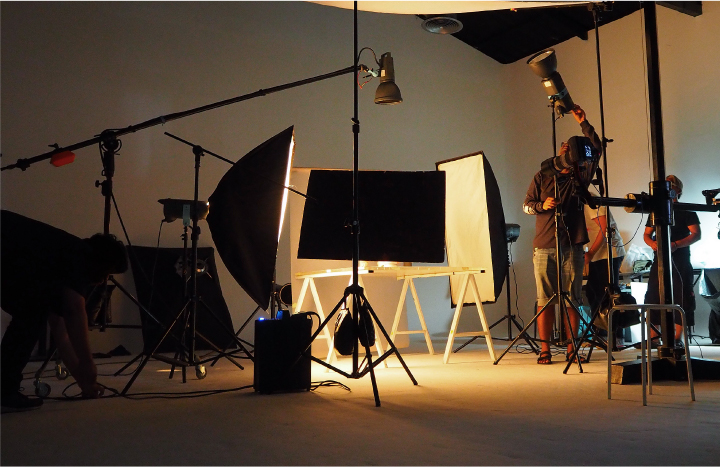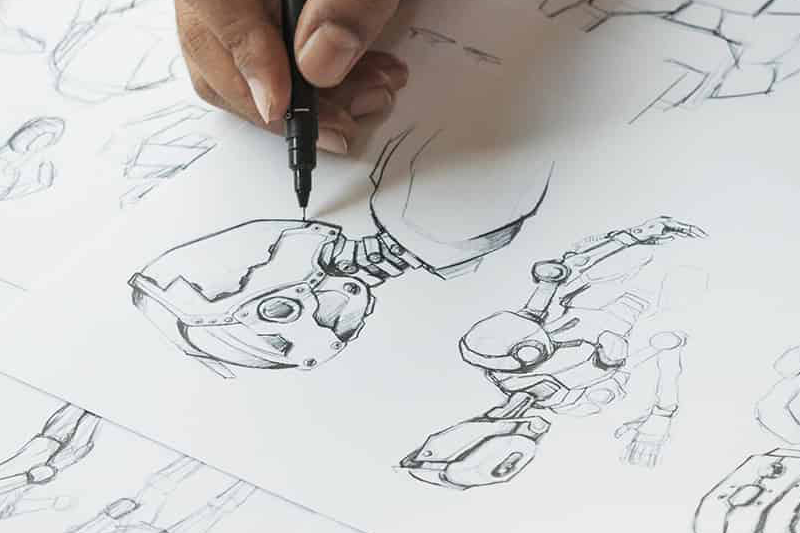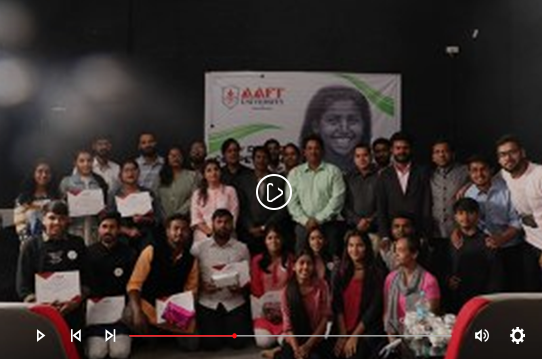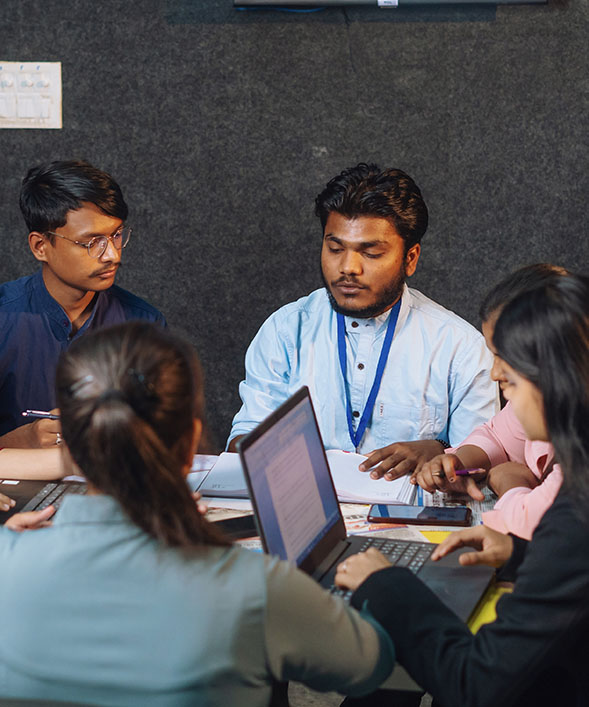- Blog
- UGC Proforma
- NIRF
-
Now accepting applications for the year 2024. Apply Now
Now accepting applications for the year 2024. Apply Now
- About Us
- Our Schools
- School of Cinema
- School of Fine Arts
- School of Hospitality & Tourism Management
- School of Doctoral Research
- School of Music
- School of Management
- School of Interior Design
- School of Fashion Design
- School of Animation
- School of Journalism & Mass Communication
- School of Photography
- School of PR & Events
- Academic
- Programs
- Admission
- Campus Life
- Research
- Placement
- Contact Us









